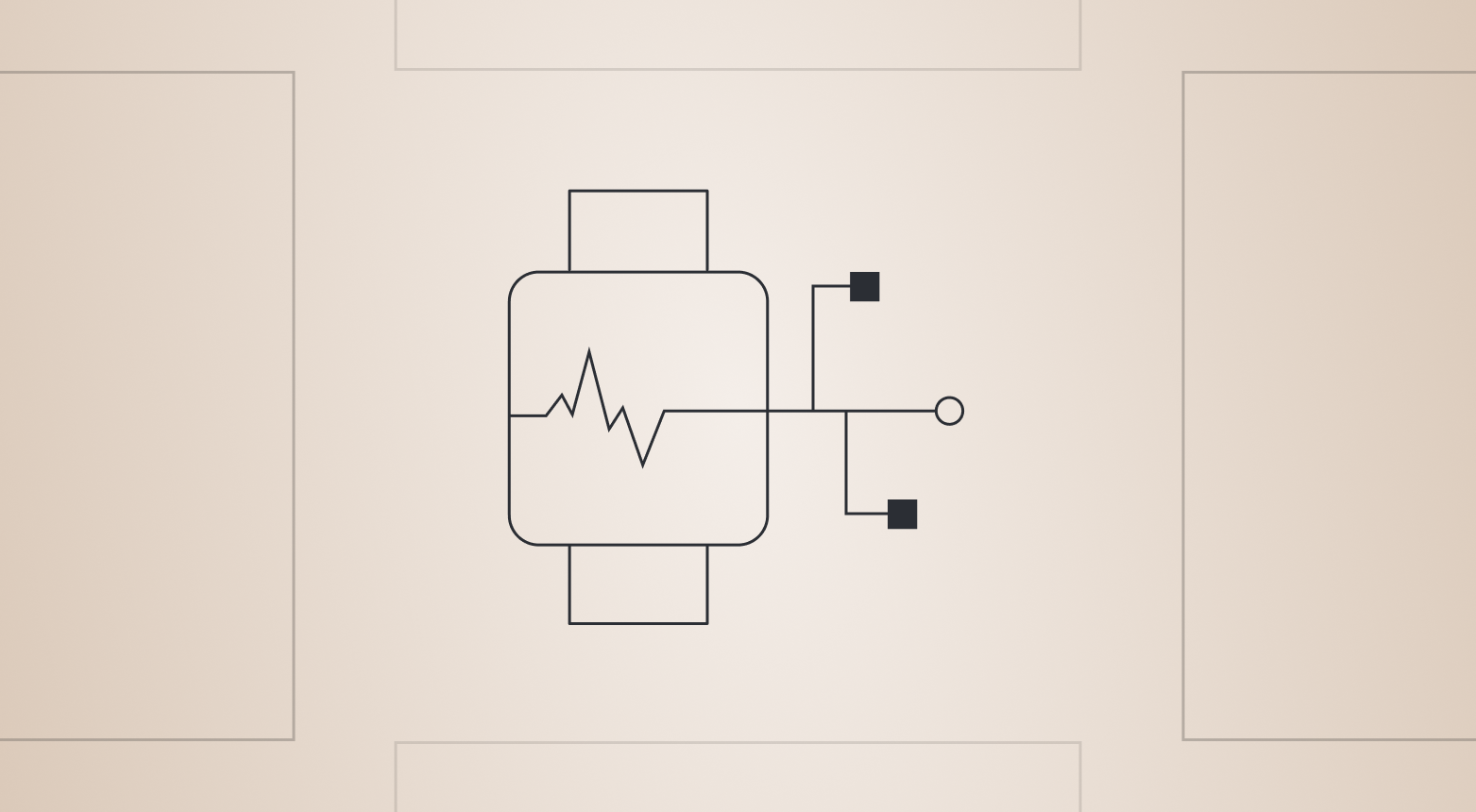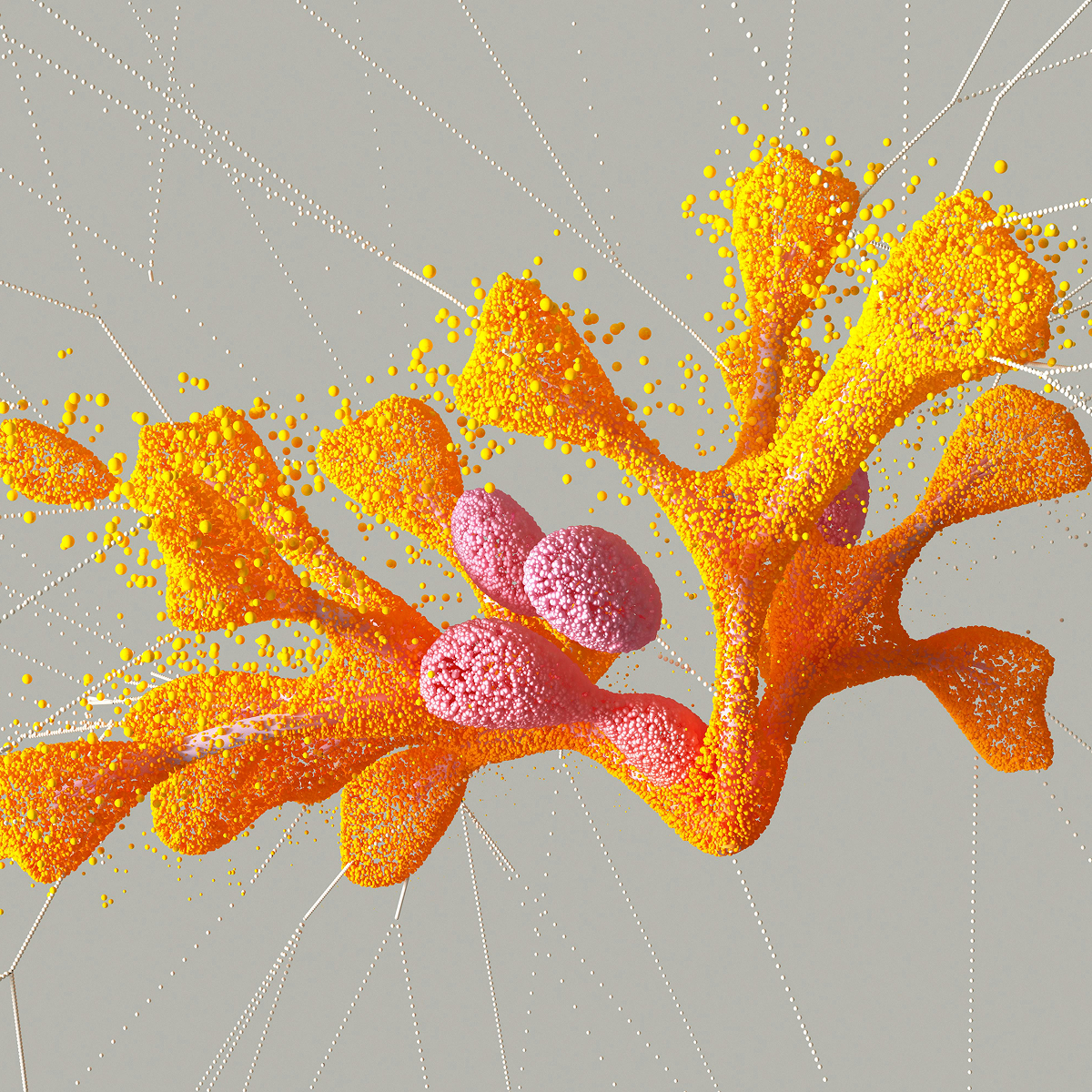Key Takeaways
- Local AI Processing: Notetaker runs entirely on your infrastructure using WhisperX and local LLM models: no patient data leaves your servers, ensuring HIPAA compliance
- Clinical Documentation Automation: Automatically converts medical interviews into structured clinical notes including SOAP format and HL7 standards
- Developer-Ready Integration: Available as a Docker service with API endpoints for seamless EHR integration and custom healthcare applications
- Healthcare-Specific Intelligence: Built-in understanding of medical terminology and clinical documentation standards, unlike generic transcription tools
- Multiple Output Formats: Generates documentation in various formats to match different clinical workflows and specialty-specific requirements
Is Your HealthTech Product Built for Success in Digital Health?
.avif)
Medical documentation consumes hours of healthcare provider time daily. Doctors spend more time typing notes than examining patients, leading to burnout and reduced quality of care. Most AI transcription solutions require data sharing with third parties, creating privacy concerns for healthcare organizations.
What is Notetaker
Notetaker is an open-source AI tool that automatically transcribes medical interviews and generates structured clinical notes. It combines advanced audio processing with intelligent summarization to create documentation in multiple formats including SOAP notes and HL7 standards.
The tool runs completely locally using WhisperX for transcription and local LLM models for summarization. This means sensitive patient conversations never leave the healthcare organization's infrastructure. Developers can deploy it as a Docker service with API endpoints or use the included demo interface for testing.
Why It Matters
Healthcare organizations face increasing documentation requirements while trying to maintain patient care quality. Traditional transcription services are expensive and raise privacy concerns. Generic AI tools don't understand medical terminology or clinical documentation standards.
Notetaker solves these problems by providing healthcare-specific transcription that generates properly formatted clinical notes. The local deployment model ensures HIPAA compliance while the modular design allows customization for different clinical workflows.
Use Cases for Developers
Electronic Health Record Integration
Healthcare software companies can integrate Notetaker into existing EHR systems to automate clinical documentation. During patient visits, audio is captured and processed in real-time to generate structured notes that flow directly into patient records.
A telemedicine platform can use Notetaker to automatically document virtual consultations, reducing provider workload and improving documentation accuracy. The API integration allows seamless connection with existing clinical workflows.
Clinical Documentation Applications
Developers building specialized clinical tools can use Notetaker to handle the transcription and summarization components. Instead of building custom audio processing, teams can focus on clinical workflow features while Notetaker handles the complex AI processing.
A medical scribe application can use Notetaker's speaker diarization to distinguish between doctor and patient speech, automatically formatting the conversation into clinical note sections. Multiple output formats ensure compatibility with different documentation requirements.
Healthcare AI Assistants
AI-powered clinical assistants can use Notetaker to process spoken input from healthcare providers and convert it into actionable clinical data. This enables voice-driven clinical workflows where providers can update patient records through natural speech.
An AI clinical assistant can use Notetaker to capture patient symptom descriptions during examinations, automatically generating differential diagnosis notes or treatment plan documentation based on the conversation.
Medical Training and Education
Healthcare education platforms can use Notetaker to create learning materials from recorded clinical scenarios. Medical students can practice documentation by reviewing real patient interactions and comparing their notes to AI-generated summaries.
A medical simulation platform can record standardized patient encounters and use Notetaker to generate reference documentation, helping students learn proper clinical note-taking while providing immediate feedback on their documentation skills.
Specialty Practice Documentation
Developers building applications for specific medical specialties can customize Notetaker's output formats to match specialty-specific documentation requirements. Mental health practices, surgical procedures, and other specialties each have unique note-taking needs.
A therapy practice management system can use Notetaker to document counseling sessions in formats appropriate for mental health billing and treatment planning, while ensuring patient privacy through local processing.
Clinical Research Tools
Research platforms conducting clinical trials or health outcomes studies can use Notetaker to process patient interviews and generate structured data for analysis. The ability to handle multiple languages and custom formats makes it valuable for international research.
A clinical trial management system can use Notetaker to document patient-reported outcomes interviews, automatically generating structured data that feeds into research databases while maintaining participant privacy.
Getting Started
Notetaker is available on GitHub with Docker deployment and comprehensive documentation. The tool includes a demo interface for testing and API documentation for integration. Local model deployment ensures data privacy while supporting multiple output formats for different clinical needs.
Resources:
- GitHub Repository: github.com/the-momentum/notetaker
- Momentum Healthcare Tools: github.com/the-momentum
For healthcare development teams, Notetaker provides immediate value in reducing documentation overhead while maintaining clinical accuracy and data privacy.

















.avif)

.png)
